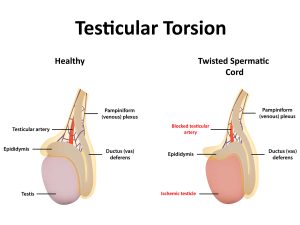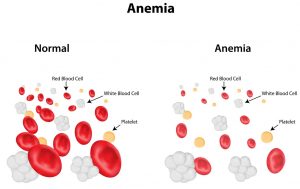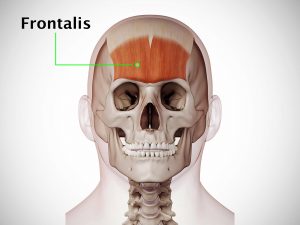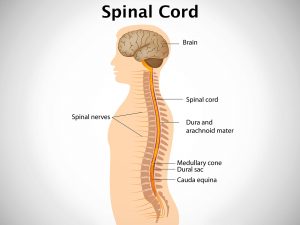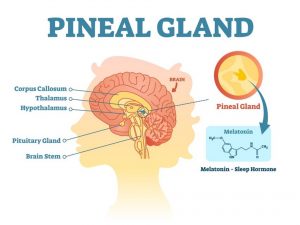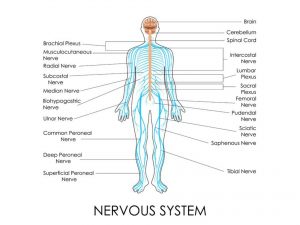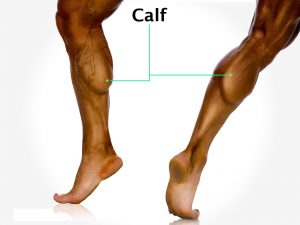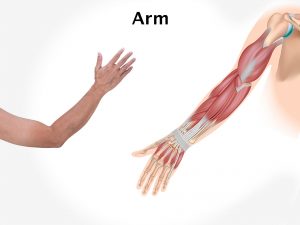Causes and risk factors
The infection is caused by clostridium tetani bacteria. The infection spreads through soil, dust and animal feces. The bacteria enter the blood through cuts or wounds especially which are punctured, crushed or through gunshots wounds. Pregnant women’s with low immunity or neonates who are delivered at home under aseptic precaution are prone for this infection. The bacteria produces a neurotoxin called tetanospasmin which binds to the nerve endings and damages the nerves.
Clinical presentation:
The symptoms usually occur 7- 21 days after bacterial infestation. The patient will present with lock jaw, difficulty in swallowing and opening the mouth, severe stiffness of muscles of neck and jaw. It may further involve muscles of back, chest, abdomen and extremities.
Other symptoms seen are difficulty in breathing (due to involvement of laryngeotracheoal muscles) and high blood pressure. Severe spasms can lead to complications like disability, fracture of the bones of vertebrae and spine and death in severe cases due to laryngeal tracheal choking.
Neonatal tetanus: Tetanus is very commonly seen in newborns and neonates primarily in under developed countries where home deliveries are common. The mother is not vaccinated during pregnancy. The umbilicus during delivery is cut with unsterilized blades and instruments and proper care of umbilical stump is not taken.
Investigations:
There are no specific diagnostic tests for the confirmation of tetanus. The diagnosis is confirmed on the basis of the symptoms narrated by the patients and previous immunization history of the patient and examination carried by the doctor. The spatula test is just a clinical test available for the confirmation of tetanus.
Treatment:
There is no specific treatment for tetanus. Proper cleaning and medical care of the wound is the foremost priority. Muscle relaxants and centrally acting anti spasmodic drugs, maintenance of airway passages and antibiotics to control the secondary infections in wounds are advised. Intensive care unit admission is required in severe cases. Cases of fresh exposure may b given TIg ( human immunoglobulin’s) to reduce the severity and complications. Vaccination with tetanus toxoid and booster doses are recommended for prevention. As per the national vaccination programmes in children under the age of seven a combined vaccine named DTP , DT, T-Dap is mandatory and in adults doses of tetanus toxoid and TD gives immunity for 5-10 years. Mortality is high in patients who haven’t been immunized against tetanus.
Recent updates:
Researchers of the Universitat Autònoma de Barcelona in Spain have discovered the beneficial effects of the tetanus toxin which has got therapeutic properties that can be effective against mental disorders like anxiety disorder, depression and anorexia.
(sciencedaily.com)



